CLEANSERS AND THEIR ROLE IN VARIOUS DERMATOLOGICAL DISORDERS
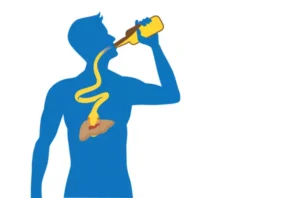
However, it’s primarily the liver that plays a crucial role in breaking down alcohol. This process, however, takes time, and the liver can only metabolize a certain amount of alcohol per hour, which means excess alcohol circulates throughout your body until the liver can process it. Although some alcohol is metabolized in the stomach, the primary site of metabolism is in the liver. The cytoplasm of liver cells contain an enzyme called alcohol dehydrogenase (ADH) that catalyzes the oxidation of ethanol to acetaldehyde (Figure 1.11). The oxidation occurs when ethanol binds to a site on the ADH enzyme and loses some electrons in the form of H atoms.
Long-Term Effects of Alcohol
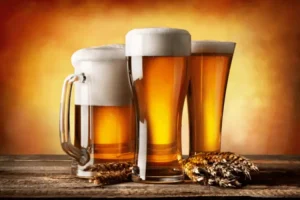
One phase is the acute form of alcohol poisoning caused mainly by binge drinking. The second is a chronic phase in which you drink large amounts of alcohol, but you are conscious and moving naturally due to the high tolerance developed over time. Your experience of the condition’s toxic effect differs depending on whether you are in the acute or chronic phase. Once the alcohol has entered your bloodstream, what removes alcohol from the body your body will metabolize a certain amount of alcohol every hour, depending on the individual and other factors like liver size and weight. However, unlike in your liver, these microbes only do the first step of the process.
Your liver – the major site of alcohol metabolism
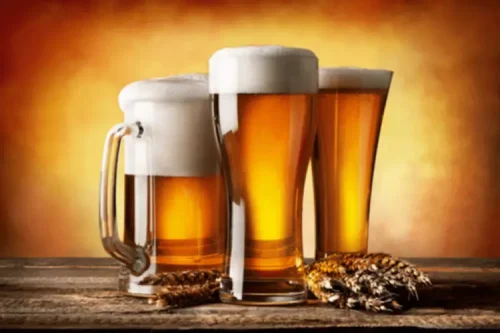
How these enzymes function and other factors, such as genetics, will determine if someone is at risk of developing alcoholism or is alcohol intolerant. There are a few simple, natural methods that you can try to help you reduce hangover symptoms and regain alertness. These methods will not help your body to process alcohol any quicker and you will still remain intoxicated and impaired. The primary benefits of enrolling in treatment are minimizing withdrawal symptoms and preventing complications. Medications like acamprosate, benzodiazepines, disulfiram, and naltrexone can help make withdrawal more manageable and sustain abstinence.
- If possible, allow yourself adequate time to get a good night’s sleep so your body can recover.
- From there it is carried to the liver, where it is exposed to enzymes and metabolized.
- We understand that there are no shortcuts on the path to recovery, and our compassionate team offers unwavering support and intensive care throughout your healing journey.
- While exercise doesn’t directly speed up the elimination of alcohol from your system, regular physical activity can boost your metabolism, helping your body process alcohol more efficiently over time.
Common misconceptions about detoxing
- Once alcohol is in your system, the natural question is how to expedite its removal.
- In this case, the recipient molecule of the electrons is called a coenzyme.
- The more you drink, the more molecules are waiting to “get through” the enzyme.
Severe impairment also Halfway house increases your risk of alcohol overdose and loss of consciousness. You cannot flush alcohol out of your system or lower your BAC faster, but you can practice self-care to support recovery after drinking. Depending on the extent of liver damage you have, you may need to completely abstain from alcohol in order to give your liver the best chance for recovery. “Nutrition optimization is actually the most evidence-based and most important intervention aside from stopping drinking,” points out Dr. Lindenmeyer.
Confidant Health: The Support You Need to Reduce Drinking
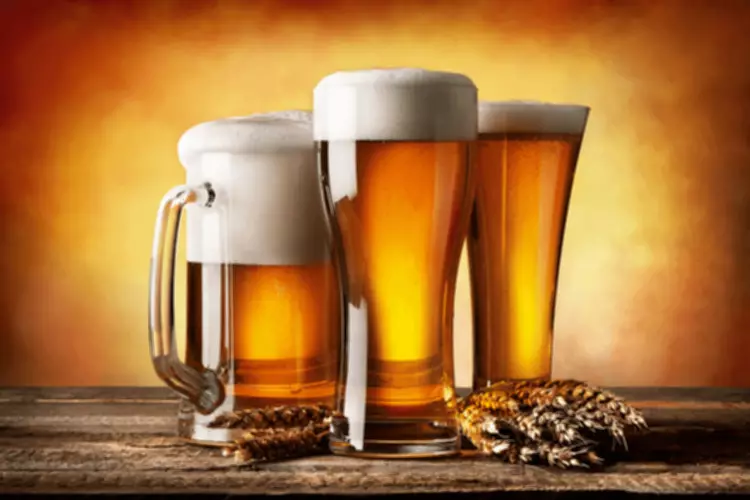
If you find yourself frequently needing to detox from alcohol, it may be a sign to reevaluate your drinking habits. We offer comprehensive alcohol addiction treatment at Still Detox to help you become sober. The body has a natural way to “get rid” of the acetaldehyde…remember, this is toxic to the body. There is a second liver enzyme, present in the mitochondria, called acetaldehyde dehydrogenase (ALDH). ALDH metabolizes acetaldehyde to acetic acid (Figure 1.11), which is inactive.
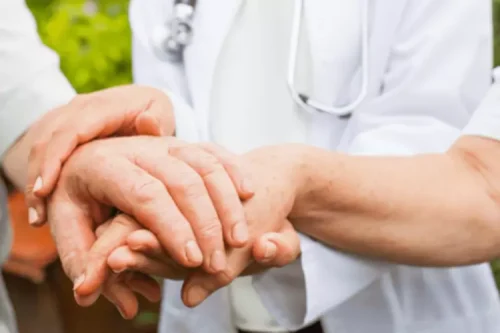
Eat and Avoid Certain Foods
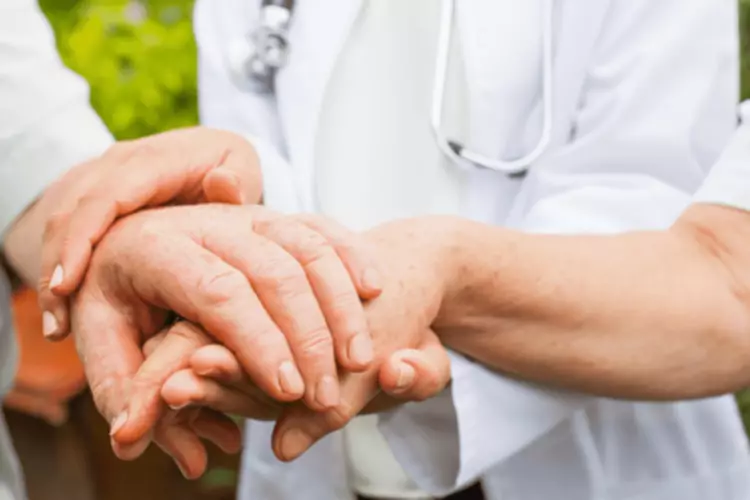
We are visually recognizing our growth with a unified look that better reflects who we are today and the passion we have for helping everyone with their addiction and mental health recovery journeys. Up next is part 2 of the series, where we discuss the effects alcohol has on your body, and part 3, where we outline best habits and practices while drinking to help your body as it’s processing alcohol. That said, you can enhance your body’s natural detoxification system and improve your overall health by staying hydrated, consuming less salt, staying active, and following an antioxidant-rich diet. A full-body detox is part of regular organ function, with the body naturally eliminating harmful or toxic substances through the kidneys, liver, digestive https://ecosoberhouse.com/ system, skin, and lungs. Your body has a sophisticated way of eliminating toxins that involves the liver, kidneys, digestive system, skin, and lungs.
- Alcoholreadily diffuses across membranes and distributes through all cells and tissues, and at these concentrations, it can acutelyaffect cell function by interacting with certain proteins and cell membranes.
- Just 1 to 2 drinks per day can lead to SIBO, and make symptoms such as bloating, gas, abdominal pain, constipation, and diarrhea worse.
- Another thing that will help your liver’s journey in recovery is good nutrition.
- As mentioned earlier, phospholipase D normally is a critical component in cellular signal transduction processes, and the presence of ethanol interferes with these pathways.
- The other nonoxidative pathway results in the formation of a type of fat molecule (i.e., lipid) containing phosphorus (i.e, phospholipid) known as phosphatidyl ethanol (see Figure 2).
- Good gut health starts with prebiotics, a type of fiber that feeds the good bacteria in your gut called probiotics.
- Detox diets often involve the use of laxatives, diuretics, vitamins, minerals, teas, and other foods thought to have detoxing properties.


